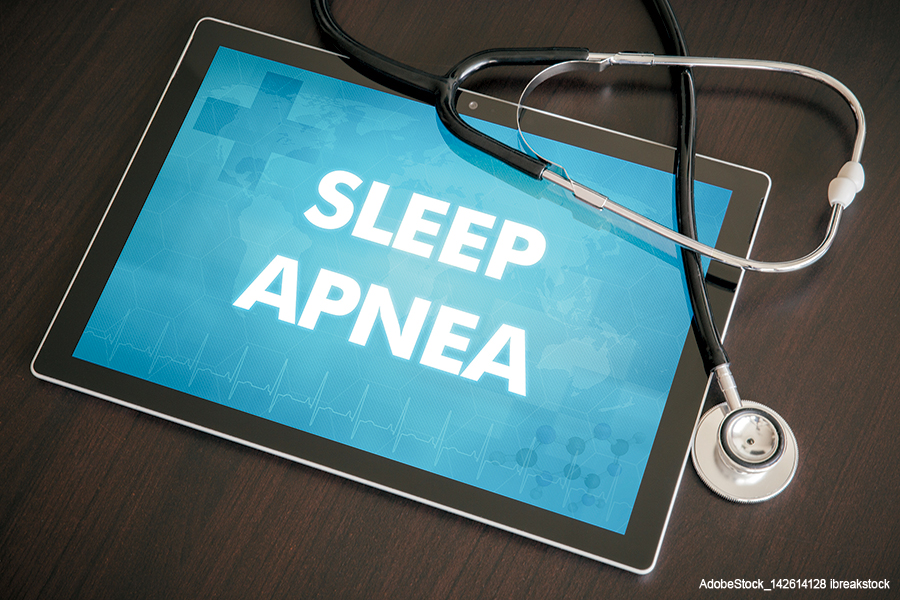In two trials, participants with OSA and obesity who received tirzepatide had a clinically meaningful change in sleep-disordered breathing and alleviation of perceived sleep disturbance and sleep-related impairment, as well as reductions in common OSA-related cardiovascular risk factors.

Tirzepatide Makes a Big Splash, but What Else is on the Horizon for OSA?
When it comes to drug therapy most of the recent buzz has been triggered by data on tirzepatide released at the American Diabetes Association 84th Scientific Sessions, suggesting that the drug may obviate the need for continuous positive airway pressure (CPAP) in nearly half of OSA patients.

Experts Describe Advances in OSA Management
The state of assessment and treatment for obstructive sleep apnea (OSA) is in rapid flux—from changes to treatment paradigms to new pharmaceuticals, experts said in a panel session here at the Combined Otolaryngology Spring Meetings.
Identifying and Managing Sensing Lead Malfunction in Upper Airway Stimulation Devices
Identifying and managing sensing lead malfunction in upper airway stimulation devices using the Inspire Medical Systems’ upper airway stimulation (UAS) device to treat patients with moderate to severe obstructive sleep apnea (OSA), to necessitate revision surgery.
No Significant Association Between Laryngopharyngeal Reflux and Obstructive Sleep Apnea
Age and smoking, but not body mass index, are associated with laryngopharyngeal reflux (LPR).
OSA Treatment: Barbed Reposition and Expansion Sphincter Pharyngoplasties Produce Comparable Outcomes
BRP and ESP procedure outcomes are comparable in the improvement of obstructive sleep apnea (OSA) with palatal collapse, although further trials and long-term follow-up are needed.

Should Patients with OSA Be Screened for Depression?
Screening for depression in patients with OSA would be worthwhile because there is a high rate of comorbidity, and both are intertwined in their pathophysiology and management.
Elevoplasty Procedure Reduces Sleepiness in Non-OSA Chronic Snorers
Post-treatment improvements in visual analogue scale (VAS) scores, daytime sleepiness, and quality of life were observed after the Elevoplasty procedure.
Majority of OSA Patients Are Satisfied 24 Months After Uvulopalatopharyngoplasty
A look at the satisfaction rates, recommendations, regrets, subjective taste disturbances, and individually reported side effects after a modified uvulopalatopharyngoplasty (UPPP) technique to treat obstructive sleep apnea.
More Severe OSA Leads to Higher Blood Pressure in Patients with Resistant Hypertension
In patients with high blood pressure resistant to treatment who also have obstructive sleep apnea, the more severe their OSA, the higher their blood pressure
- 1
- 2
- 3
- …
- 7
- Next Page »